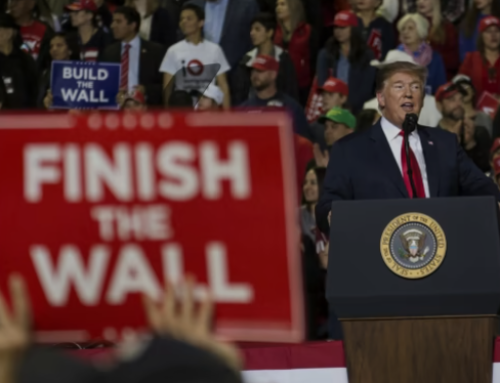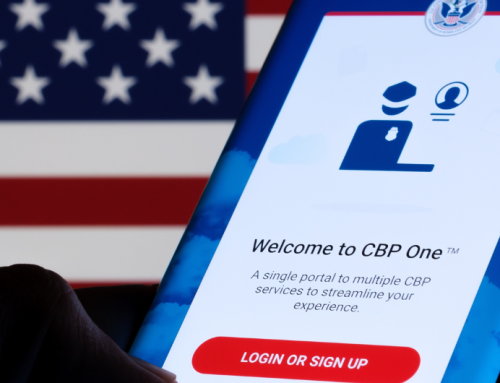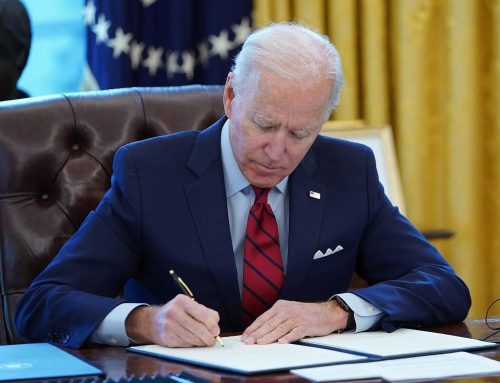Alien with Extraordinary Ability (EB-1)
It is our pleasure to announce an important victory in securing an approval of EB-1 (Extraordinary Ability) petition for a former athlete from Ukraine who now comes to the United States as a coach. This is an important case, because it has long been a policy of the USCIS that an athlete with extraordinary abilities is not an equivalent of a coach with extraordinary abilities. Under the USCIS policy, it was not enough for a former athlete who seeks to enter the U.S. as a coach, to simply demonstrate his/her extraordinary ability as a former athlete, but the petitioner/applicant is rather required to demonstrate extraordinary ability specifically as a coach.
In this case, our client was a former professional track and field runner, former Olympic champion, from Ukraine. The client desired to obtain permanent residency in the United States and engage in training young U.S. athletes. The USCIS recognized the petitioner’s extraordinary ability as an athlete, but argued that she held no record of extraordinary achievements as a coach and therefore does not qualify under EB-1 (Extraordinary Ability) category.
Through our rigorous arguments, zealous representation, and extensive writings, we were able to convince the USCIS that this alien qualified under this category, even though she held no record of extraordinary achievement as a coach. The USCIS has first sent a request for additional evidence arguing that the alien did not demonstrate any history of extraordinary coaching. Then the USCIS argued, through a notice of intent to deny, that because the petitioner’s achievements were in the past, she did not qualify under this category.
Without submitting any additional evidence, we successfully argued that Section 203(b)(1)(A) of the Immigration and Nationality Act does not require that the alien be continuously engaged in the specific activity which earned her the extraordinary reputation, but rather the alien is only required to seek entry into the U.S. to continue work in the area of extraordinary ability, which in these case was professional running, in which the alien can be engaged through coaching or running. Below is an excerpt from our extensive memorandum to the USCIS:
[T]here is a substantial difference between defining an applicant under this category as an “Alien with extraordinary ability in athletics” as the Act defines it, and as an “Athlete with extraordinary ability”, as the NOID addresses it. The difference is that the alien may not be currently involved in the specific narrowly defined activity which earned him/her the acclaim and recognition, but yet satisfy the requirements of the Act, as long as she is an “Alien with extraordinary ability in science, business, arts, or athletics” and continues to work in the area of extraordinary ability. In other words, if the applicant demonstrates “sustained national or international acclaim” and achievements that have been recognized in the field, he/she satisfies the requirements as long as she continues work in the “area of extraordinary ability.” This does not require the beneficiary to continue receiving prizes and awards at the time of application. The Act requires the beneficiary to seek entry into the U.S. to continue work in the area of extraordinary ability. It does not require to continue receiving prizes. As long as the beneficiary has documented acclaim and recognition, and documented recognized achievements, he/she satisfies the first requirement of the Act. The examiner must then go on to determine if she is seeking to enter the United States to work in the area of extraordinary ability.
For example, an individual who received a Nobel’s Prize in the past for a scientific invention cannot be expected to be continuously receiving the Nobel’s Prize at the time when applying for immigrant visa under the category of extraordinary ability. She is though required to continue working in the “area” of extraordinary ability, i.e. the science in which the invention was made, whether it is work as a professor or researcher. Such individual’s extraordinary ability is evidenced by his receipt of the Prize in the past. If that Nobel Prize winner applies for an immigrant visa under this category, she will qualify because she received a Nobel’s Prize in the past. She will not be required to be in the process of continuously receiving the Prize at the time of her petition. Her past achievement will qualify her for the first prong of the test under the Act and her continuous work in the field of endeavor (for example, work as a professor in the area of extraordinary ability) will satisfy the second prong under the Act.
Similarly, the evidence submitted in the original package and our response to RFE, demonstrate the beneficiary’s national and international acclaim and recognized achievements received in the past. The petitioner’s achievements continue being recognized and her acclaim is sustained. She should not be required to be in the process of achieving the level of extraordinary ability at the time of her petition.
At I.S. Law Firm, we are committed to the success of our clients’ petitions. As such, we have been exceptionally successful in securing EB-1 and EB-2 immigrant visas for aliens with Extraordinary Abilities, Outstanding Researchers and Professors, and self-petitioners under National Interest Waiver.






